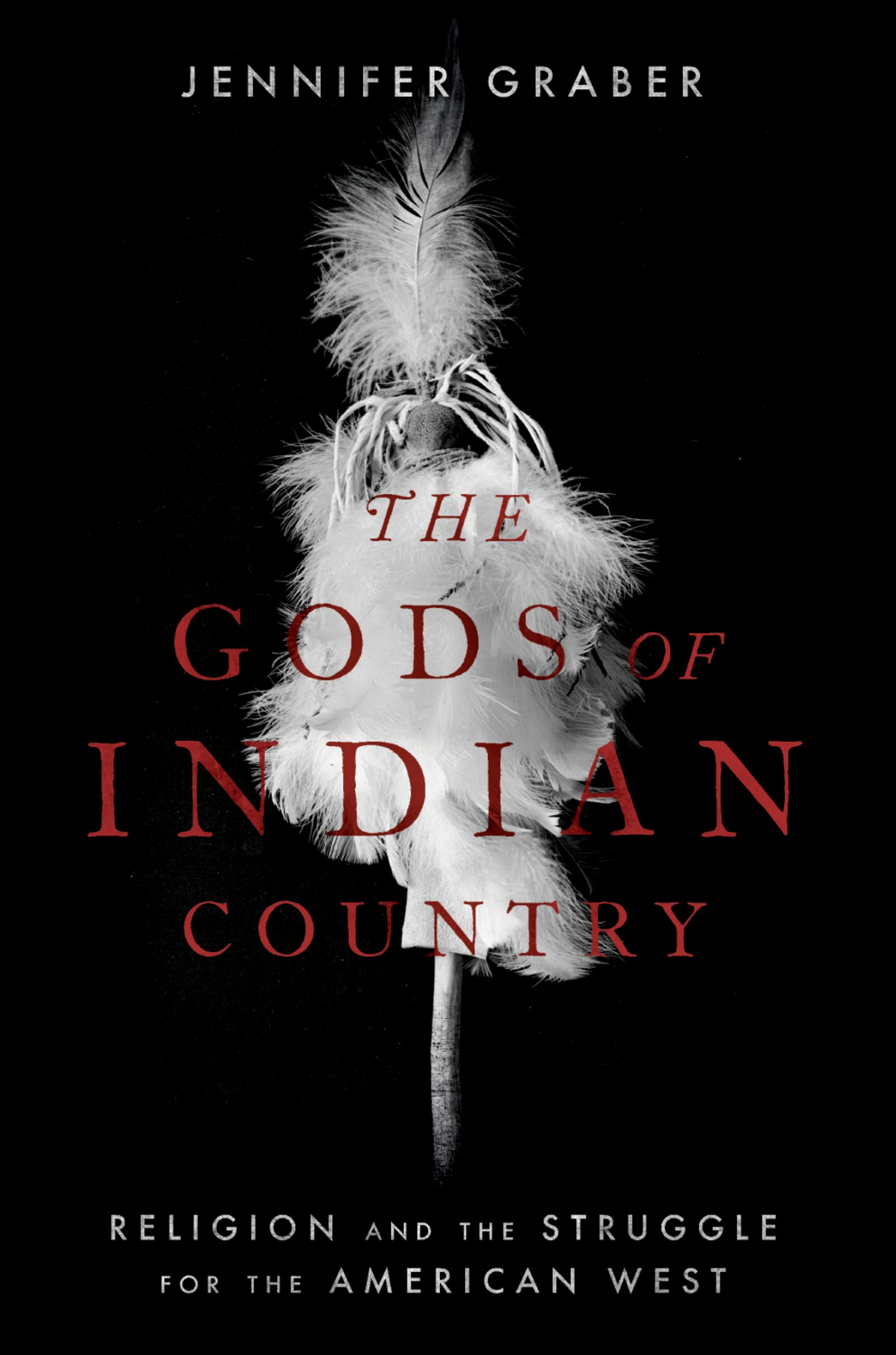The Gods of Indian Country
by Jennifer Graber
2020-04-16 19:00:36
The Gods of Indian Country
by Jennifer Graber
2020-04-16 19:00:36
During the late nineteenth century, Anglo-Americans inflicted cultural and economic devastation on Native people. Though this process is often understood as a clash of rival economic systems or racial ideologies, it was also a profound spiritual stru...
Read more
During the late nineteenth century, Anglo-Americans inflicted cultural and economic devastation on Native people. Though this process is often understood as a clash of rival economic systems or racial ideologies, it was also a profound spiritual struggle. The fight over Indian Country sparkedcrises for both Natives and Americans. In the end, the experience of intercultural encounter and conflict over land produced religious transformations on both sides.In The Gods of Indian Country, Jennifer Graber focuses on Kiowa Indians during Anglo-Americans''s hundred-year effort to acquire, explore, and seize their homeland. Like Native people across the west, Kiowas had known struggle and dislocation before. But the forces bearing down on them in the form ofsoldiers, missionaries, and government representatives were unrelenting. Under this increasing pressure, Kiowas adapted their spiritual rituals in the hopes of using sacred power more effectively. Despite what non-Native stereotypes suggested, their ritual practice was not unchanging. It drew on awide range of sources and shifted significantly as circumstances demanded. With Indian Country under assault, Kiowas exercised creative improvisation to sustain their lands and people.Against the Kiowas stood Protestant and Catholic leaders, missionaries, and reformers who hoped to remake Indian Country. These activists asserted the primacy of white Christian civilization and the need to transform the spiritual and material lives of Native people. They also saw themselves as theIndian''s friend, teacher, and protector. But as Kiowas and other Native people resisted their plans, these Christian representatives supported policies that broke treaties and appropriated Native lands. They argued that the gifts bestowed by Christianity and civilization outweighed the painsassociated with denied freedoms, destroyed communal ties, and stolen resources. In order to secure Indian Country and control indigenous populations, Christian activists sanctified the economic and racial hierarchies of their day.
Less















.jpg)















